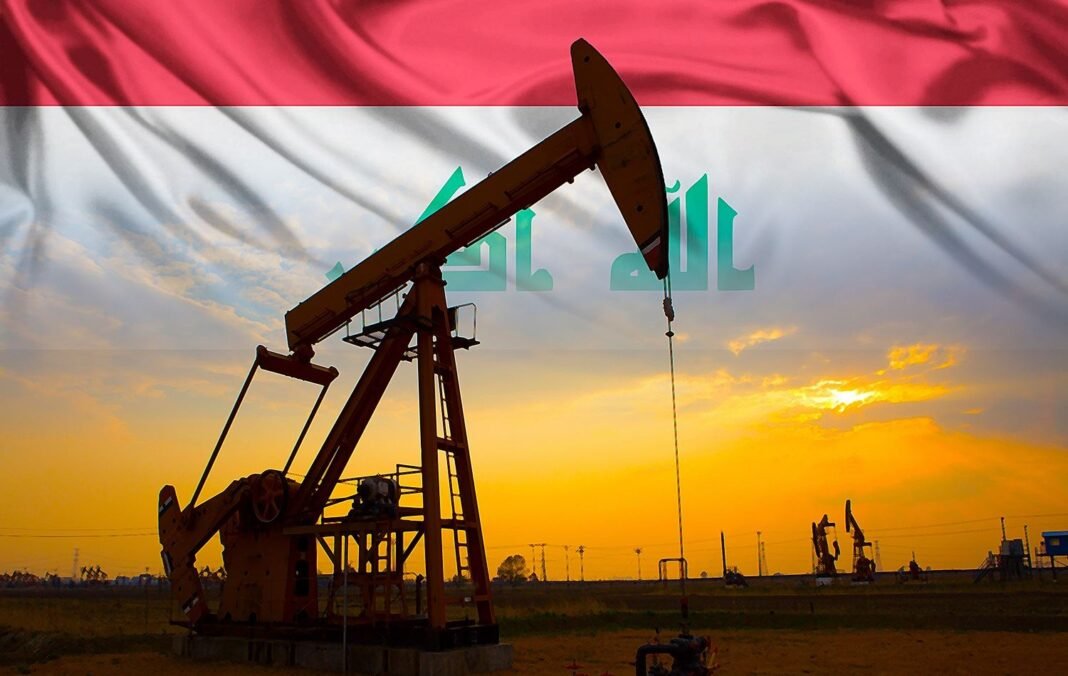Basrah crude oil prices climbed on Wednesday, defying a broader downturn in global oil markets. Iraq’s key oil grades showed resilience as both Basrah Heavy and Basrah Medium posted notable gains, signaling stronger regional demand and refined product interest.
Specifically, Basrah Heavy rose by 80 cents, reaching $63.73 per barrel, while Basrah Medium gained 75 cents, settling at $66.53 per barrel. These gains contrast with international benchmarks, which moved lower due to market concerns about global demand and supply adjustments.
In global markets, Brent crude futures fell 19 cents, or 0.3%, ending at $66.68 per barrel. Meanwhile, West Texas Intermediate (WTI) dropped 16 cents, or 0.3%, to $64.82 per barrel. These declines followed lukewarm signals from ongoing U.S.-China trade negotiations and reports of rising inventories in the U.S.
However, the strength in Basrah crude oil prices may reflect steady demand from Asian refineries, which favor Iraq’s medium to heavy oil grades. Additionally, Iraq has maintained stable export flows through the Gulf, benefiting from minimal logistical disruptions and firm regional demand.
Experts note that Iraq’s ability to hold firm pricing, even when other major oil grades drop, could support its national budget goals. As Iraq continues diversifying trade relationships and optimizing energy infrastructure, Basrah crude oil prices up offers a financial cushion amid market uncertainty.
Furthermore, anticipated seasonal demand within OPEC+ nations may also reinforce regional oil prices, especially for grades like Basrah that suit summer refinery needs.
In the days ahead, traders will closely watch inventory data and further OPEC+ production signals to gauge future market direction. Still, for now, Basrah crude oil prices up stands out as a positive indicator for Iraq’s energy sector.


